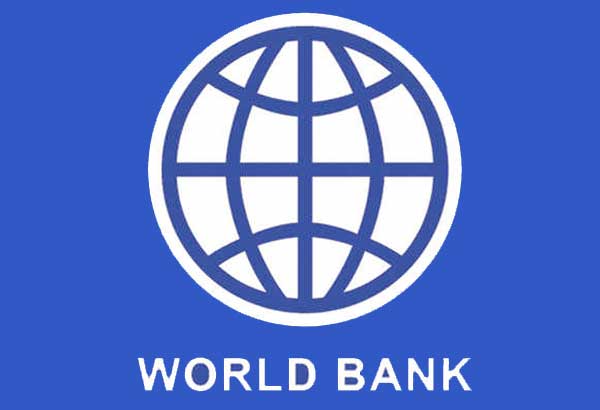 Ghana and the World Bank have signed a financing agreement for 156 million dollars to enhance access to secondary education in under-served districts of the country.
Ghana and the World Bank have signed a financing agreement for 156 million dollars to enhance access to secondary education in under-served districts of the country.
Finance Minister Mr. Seth Tekper signed for Ghana while Mr. Yusupha Crookes, World Bank Country Director, signed on behalf of his institution.
The funding, under the Ghana Secondary School Education Improvement Project (SEIP), will help improve quality in low-performing senior high schools to increase gender and geographical equity and improve quality in those schools.
It will also support management, research, monitoring and evaluation of Government schools programme.
The project is expected to benefit about 30,000 new students in secondary, 150,000 students in low performing schools, 2000 senior high school (SHS) teachers, head teachers and other education officials.
Under the project, 23 new senior high schools are expected to be constructed in selected districts to enroll 15,000 students; improve 50 existing senior high schools through expansion and rehabilitation of existing structures and facilities, and provide scholarships to 10,400 students from low income families, especially girls.
Mr. Crookes said the project would help address problems of equity and capacity and that it was well grounded on what had worked elsewhere.
He said the project would open up access to over 10,000 vulnerable students and support approximately 125 existing SHSs.
Professor Jane Naana Opoku-Agyemang, Minister of Education, said the project sought to improve quality of selected low performing senior high schools.
She said besides construction of new schools and rehabilitation of existing structures and facilities, the project would also help improve access to senior secondary education and award scholarships to students from low income families, especially girls.
The Minister said the ultimate objective of building those new schools was to create new spaces for those demanding seats in SHSs and to fill those spaces with new students coming from previously underserved communities.
It said in addition to new schools, the project would focus on improving existing SHSs, particularly those with capacity for expansion.
SEIP will also help upgrade bathrooms, science labs and computer facilities of existing SHSs.
She said the project would seek to improve the quality of education in selected low-performing SHSs to make them attractive and strengthen school management, leadership and expansion of ICT in 125 selected low-performing schools.
Mr. Cassiel Ato Forson, Deputy Minister of Finance, said the amount was a concessional credit and the terms were in accordance with the World Bank’s new middle income standard of five years grace period, 20 years repayment period and interest rate of 1.25 per cent per annum.
He gave the assurance that procurement under the facility would be done through competitive and transparent processes in line with procurement laws and the World Bank’s procurement policies so as to ensure value for money.
Source: GNA























